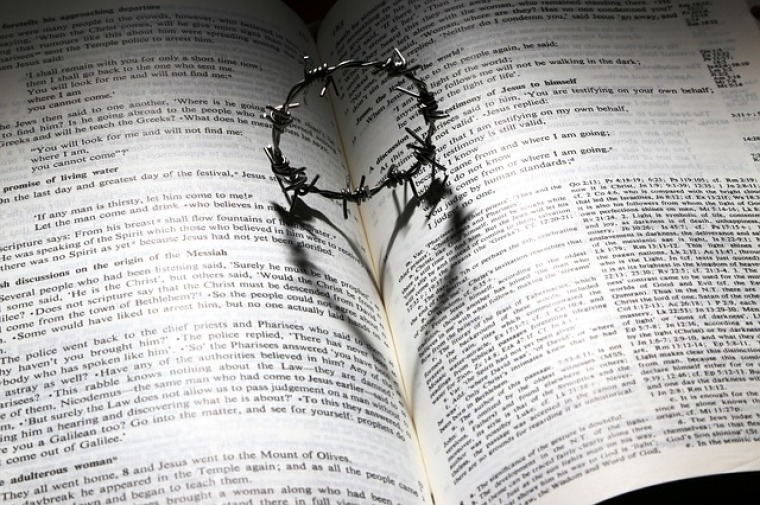
My, how time flies. Another Easter has come and gone, taking with it the anticipation of a long weekend and a decent chunk of your enamel. The allure of public holidays and sharing chocolate with friends of family is now a thing of the past and life returns to normal. Some of us may have even added an extra celebration to our Easter schedules between the bookend celebrations of time off both work and nutrition: celebrating the true meaning of Easter.
For those of us who identify as Christians, the true meaning of Easter is something we know, value and cherish. We look back 2,000 years ago to a bloody cross and an empty tomb and thank God that it was Him instead of us. We look back and believe that on the cross, the Son of God bore our sin in his body, took it to the grave, and rose in newness of life on the third day. Now, his body is as distant from that tomb as the east is from the west.
It is right to emphasise these truths over and above the other ideologies given airtime at Easter. And it is right that New Zealand and the rest of the world needs to know the true meaning of Easter. And it is right that we write about these things, pleading with people to look at the past to inform the present. This article, however, is not like that.
This is a plea of a different sort. A plea not to the pagan world, but to the Body of Jesus himself - the Church. Easter is not an annual celebration. We do not spend a few days out of every 365 remembering our Saviour's life-giving death and death-defeating resurrection, to then move onto bigger and better things for the remaining days in the year. To confine the celebration of Jesus and his perfect works is to commit a grave error in the worship of God.
The overwhelming imperative in the pages of the New Testament is that we are to celebrate the death and resurrection of our Lord and Saviour each time we meet together. That means every Sunday, at every coming together of the church.
When Jesus was sitting in the Upper Room with his disciples on the eve of his brutal execution, he took bread and wine and with them established a celebration so powerful that it surpassed the most important event of the time - the Passover.
Every year, the Jewish people were commanded to remember the mighty acts of God in delivering them from their bondage to Egypt. This deliverance culminated in the Lord sweeping through Egypt, taking all the lives of Egypt's first born sons, while sparing all those who had the blood of a lamb over their doorways.
The disciples knew this well
The disciples knew this well, having been raised in these traditions as long as they had lived. Yet, Jesus once again blew their minds by declaring himself the ultimate meaning of this Old Testament event. In an infinitely better way, Jesus saved the people of God by becoming both the spotless Lamb whose blood shelters, and the Firstborn Son who bears the punishment, satisfying the holy justice of God.
His body was broken for us, that we could be whole. His blood was shed for us, that we could be free from sin. Totally free from the penalty of sin, progressively freed from the power of sin, and finally free from the presence of sin when Jesus returns to take us home. "This cup that is poured out for you is the new covenant in my blood".
The inauguration of this new covenant is what we celebrate as Christians. Yes at Easter, but every other week as well. Yes on Sunday as a group, but every day as an individual. If you still don't agree, here is some food for thought on the new covenant, our new way of relating to God:
A covenant where the blessings are too great to number (Ephesians 1 verse 3) and the only term of acceptance is being a dirty, filthy sinner (Matthew 11 verses 28-30, Romans 3 verses 23-25).
A covenant where every sinful act you have ever committed has been cast into the deepest, darkest ocean, never to be brought against you again (Micah 7 verse 19). The psalmist uses a logical absurdity to show us just how crazy this is (Psalm 103 verse 12).
A covenant not based upon your all too inconsistent performance, but on the spotless performance of Another (Romans 10 verse 4, 2 Corinthians 5 verse: 21).
A covenant that promises to keep you safe and sound until the credits close (Romans 8 verses 12-39).
I don't know about you, but that sounds like something worth celebrating.

Cody Knox lives in Wellington, New Zealand. He works in ICT for the New Zealand government and in his free time he loves to read, write, and run.
Cody Knox's previous articles may be viewed at www.pressserviceinternational.org/cody-knox.html